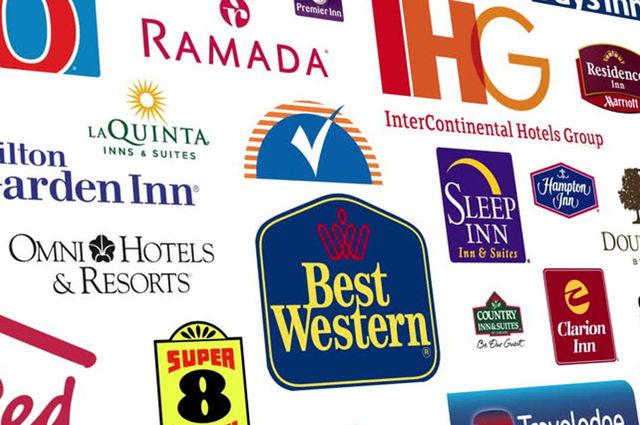Are brands becoming relevant again?
11 experts shared their view
Traditionally hotel brands largest added value has been distribution. A hotel got branded and was quite rapidly connected to a massive flow of reservations, on all the channels that existed. It helped guests search, travel agents book and hotels get filled. But that distribution function has largely been replaced by OTAs. So much so that, a few years ago the CEO of a large European Owning company publicly questioned why he should keep his hotels branded instead of going independent.
Today with brands adding new sub-brands every year it becomes unclear what a brand really is. But at the same time, the market is growing and they are making more revenue so it seems like the market accepts the new brands. Google has added a brand search functionality into their metasearch product and the conversation has shifted away from "are brands still needed". The millennial generation is supposedly not loyal to brands. Loyalty programs are getting revamped but costs are increasing. So have brands become relevant again? Are we entering a new golden age for the hotel brands?
The question of 'branded vs unbranded' sets up a false dichotomy that doesn't reflect the reality of the industry. There are countless segments within hospitality: a single traveler can even belong to multiple segments based upon occasion and trip. Travelers want different things at different times and brands are always going to be part of the mix, even if some hotels leave them and choose OTAs or Google as their primary options for distribution. Likewise, it's not very helpful to think of 'brand vs no brand' on a global scale. Traveler preference varies greatly from country to country, and what is true for hotels in the US (where brands play a much larger role) will not be true for hotels in e.g. southern Europe.
The big change - Google is helping hotel tech providers level the playing field against OTAs. The ability for hotels, particular independents, to tap into alternative distribution routes is undoubtedly strengthening. Google's travel offering is becoming more prominent and accessible. Today OTAs get a quarter of their business from meta and hotels only achieve 2%. We predict Google's efforts are going to drive a massive change for independents and small chains with sufficient digital nous.
Getting smart about using Google for distribution will be a real game-changer in 2019 and 2020. Opportunities are opening up for smaller hotels to apply their website and booking engine conversion data to their metasearch bidding strategies in a way that cuts out the need for large, cumbersome distribution contracts. That might be the thing that really disrupts the appeal of the hotel brand.
Millennials - When it comes to thinking in terms of 'the millennial mindset', it can certainly be a useful paradigm to employ, but it's important to remember that millennials themselves behave in different ways at different times. As millennials age, they are likely to travel for business as much as they take vacations, and their propensity for loyalty can also change alongside that. From a personal point of view, that's certainly been the case for me. Last year, big brands improved their performance and so too did the OTAs. Online was the real winner, not brand or OTA. In fact, far from becoming irrelevant, brands have strengthened their offering in the areas they can truly differentiate themselves: loyalty and the direct customer experience.


